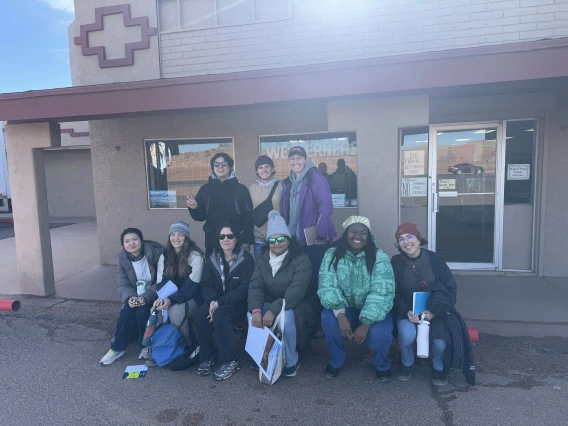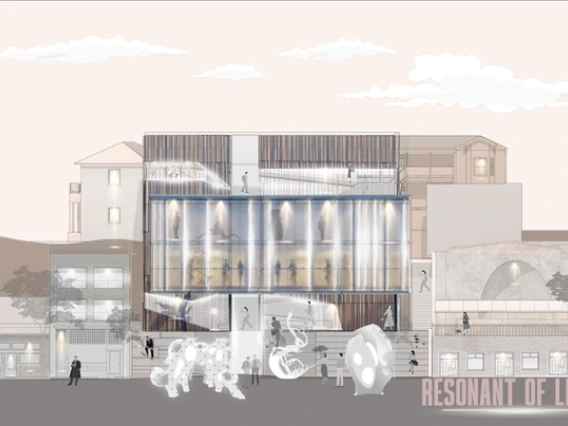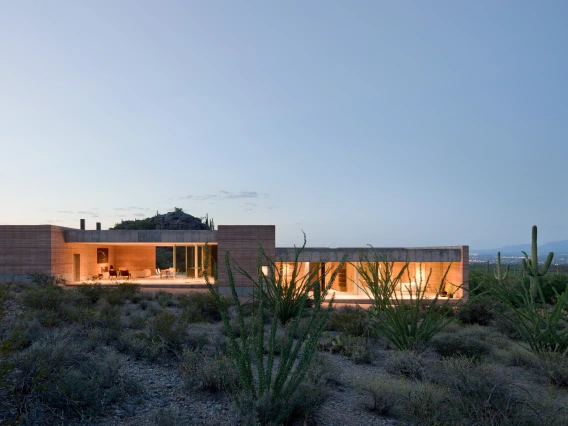Garages and Driveways: An Adaptable Neighborhood Infrastructure | Lecture by Deirdre Pfeiffer
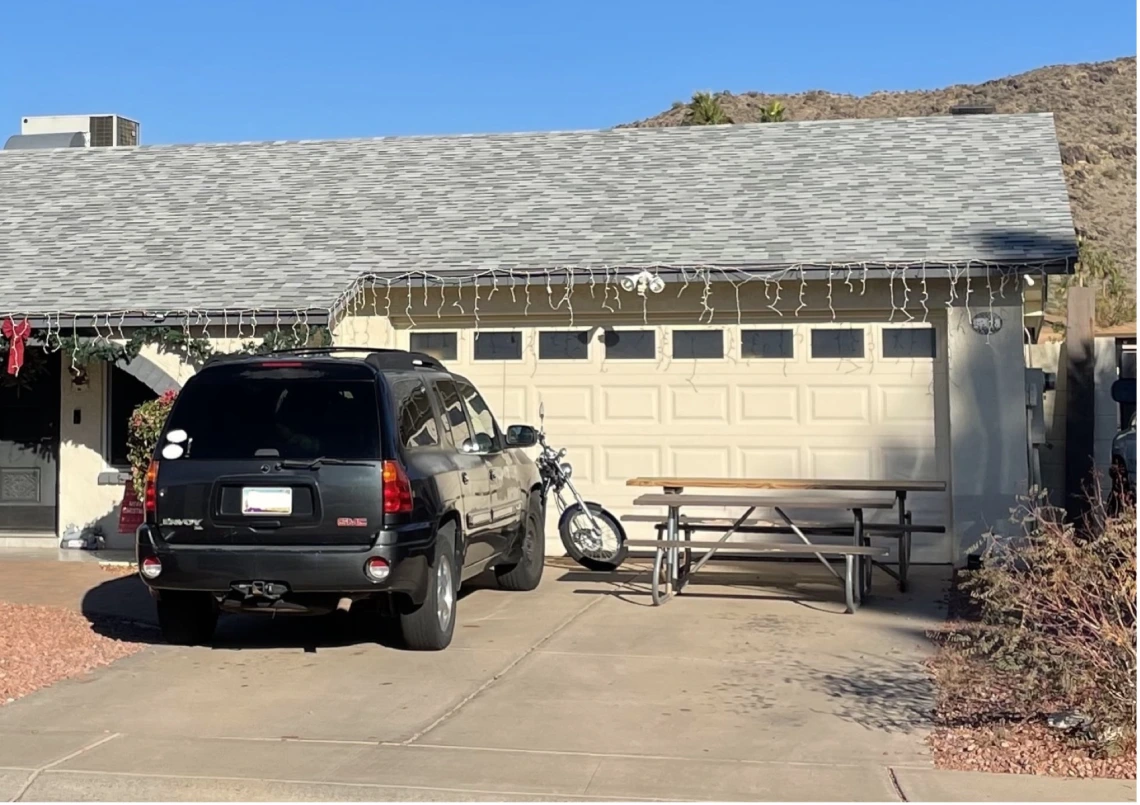
Residents of America’s single-family home neighborhoods have adapted their car-oriented built environments in resourceful and creative ways. Yet, adaptations of garages and driveways are relatively underexamined. Garages have sparked moderate attention from pop culture, architects, and housing planners as “programmable” spaces that can jumpstart billion-dollar tech revolutions or contribute to the toolkit of local housing affordability strategies. Attention to driveways is sparse, with a few noteworthy efforts to explore their function as interstitial quasi-public sites of yard sales and pickup basketball games and sociable spaces during the COVID-19 pandemic.
This research advances this conversation by using a mixed-methods qualitative approach to comprehensively describe residents’ adaption of garages and driveways in the Phoenix region. We ask: 1) How often do residents use single-family home garages and driveways for purposes other than to park cars? What kinds of uses are present? 2) What might drive residents to use garages and driveways in these ways? 3) How might these uses affect residents and neighborhoods? Our findings help to theorize garages and driveways as an adaptive neighborhood infrastructure that may help households and communities thrive.
Watch the Lecture
About Deirdre Pfeiffer
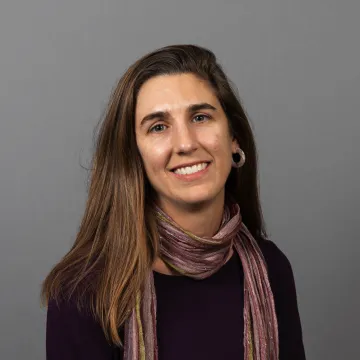
Deirdre Pfeiffer's scholarship, teaching, and community engagement focus on housing strategies to advance social equity, the relationship between housing and health, and the socioeconomic impacts of housing market disruptions.
Pfeiffer is Principal Investigator of the Arizona Research Center for Housing Equity and Sustainability (ARCHES), a U.S. Department of Housing and Urban Development Hispanic Serving Institution Center of Excellence jointly led by ASU's Morrison Institute for Public Policy and University of Arizona's Drachman Institute. ARCHES is advancing knowledge and evidence-based solutions related to problems of housing security, climate, and health in the arid Southwest through 19 research projects on 1) Equitable Housing Growth and Production to Support Hispanic and Underserved Households, 2) Healthy Homes and Aging Communities, and 3) Housing Innovations for Resilience in the Arid Southwest.
Pfeiffer holds a Ph.D. in Urban Planning from University of California-Los Angeles.
Header image courtesy Deirdre Pfeiffer.

